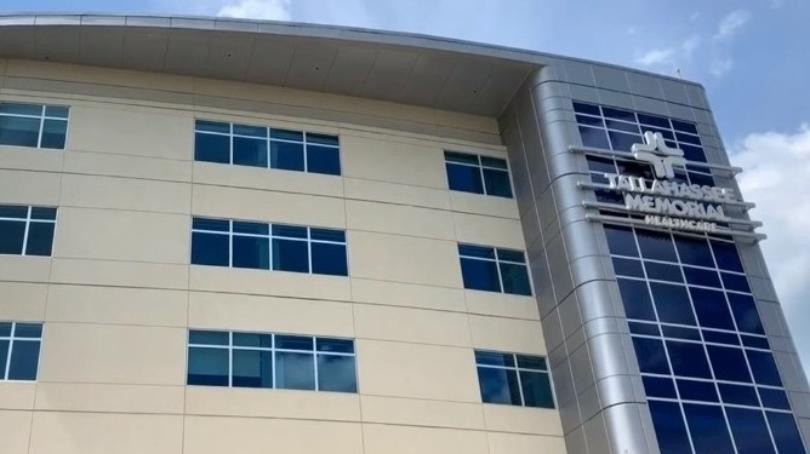Culture | April 15th, 2020
COVID-19 is Preventing FAMUly From Seeing Their Families
By: Phylicia Wright

The unforeseen effects of the coronavirus pandemic have impacted the nation’s healthcare system. While medical professionals are on the frontlines and facing the grim absence of personal protective equipment, there is another absence present in hospitals: visitors.
Florida Governor Ron DeSantis, and other governors across the nation, have issued 30-day stay-at-home orders to contain the virus and promote social distancing. Hospitals, senior homes, and rehabilitation centers have taken heed to this order and are not allowing any visitors near patients, not even immediate family.
The goal of hospitals’ new restrictions is to limit visitors from coming in contact with those who are suffering from the coronavirus and avoid the risks of visitors bringing the virus to the facility. With these restrictions, however, it has taken a toll on family members of those who have contracted the virus as many have passed in the hospital without being surrounded by their loved ones.
FAMU student Larreneka Wells has had a relative pass away from the virus after contracting the disease at a conference in Indianapolis, Indiana. In four days, after returning home, her loved one would die, alone, in the hospital without the company of her husband or children.
“I understand the circumstances and the severity of the virus, but there are precautions that could be taken so that quality care is given to the patient, especially in a life or death situation. I believe when a sick person is alone, they’re more inclined to have less fortunate outcomes than ones that are surrounded by love and loved ones,” said Wells.
Even though Wells did not have a close relationship with that family member, she says her family has had a hard time coping with the grief of that sudden death.
Hospitals and other facilities are not the only ones following the social distancing order as funeral homes have altered the way they conduct memorial services. Funeral homes have opted to have smaller funerals. Even in New York, the tragedies of the virus have led to mass burials.
FAMU senior Tiye Garrett-Mills had to cut her spring break short after receiving a call that a relative of hers died from cancer. She flew back home to Denver, Colorado to attend the funeral, however, upon arriving it was revealed that anyone that exceeded the ten-person limit was banned from attending. Her family chose the alternative to pay their respects virtually through livestream.
“I haven’t seen her since before my senior year started and I never got to say goodbye. Being unable to see someone you love, knowing their suffering in pain, is a nightmare. Missing out on their final moments of life is horrific,” she said.
Garrett-Mills is, however, grateful that she can spend time with her grandmother who is suffering from end-stage Alzheimer’s. Putting her grandmother in a home was up for discussion in her family, but now she is appreciative that the decision wasn’t made as nursing homes and senior facilities are not allowing visitors. There have been cases of the coronavirus in over 2,300 nursing homes, according to USA Today.
“The sick and the elderly are some of the most vulnerable members of our population, and I’m worried they are not going to get the care that they need because resources are spread so thin,” said Garrett-Mills.
Alleana Jacobs also faced distress after her older brother tested positive for coronavirus. Since being back home in Texas, she has supported her brother by bringing him food and groceries and leaving them atop his car to follow social distancing protocols.
“As of now, I believe that my older brother has been taking care of himself properly because he is now feeling and sounding better,” said Jacobs.
Jacobs had a hard time receiving the news about her brother, but her belief in a higher power has gotten her through his absence. She is worried about his health, but she keeps in contact with her brother which gives her some relief.
April 30 has been surmised as the date when things can potentially return to normal operations with few restrictions, but if things change, social distancing can last for a longer period. Although, for many, nothing can ever return the time lost with their relatives who have died or been affected.





